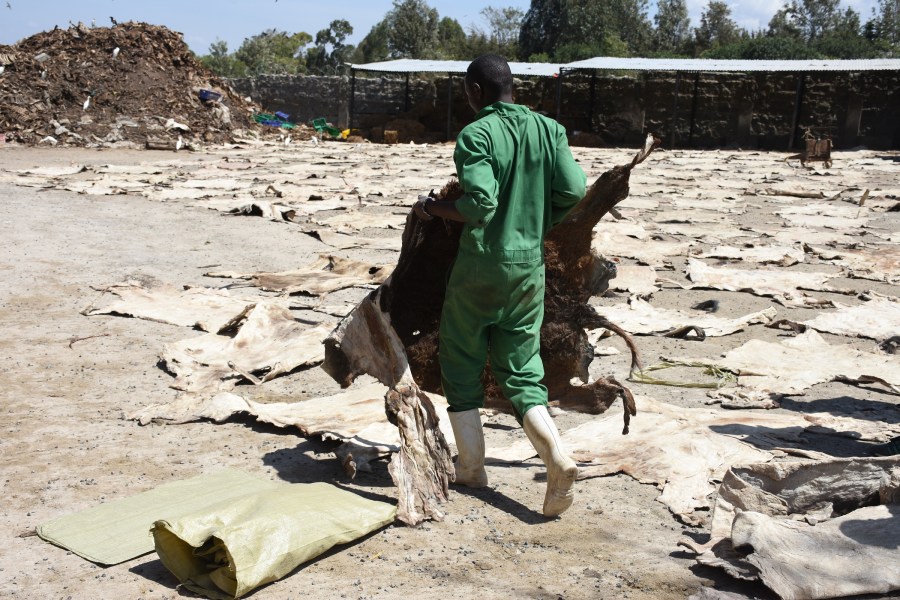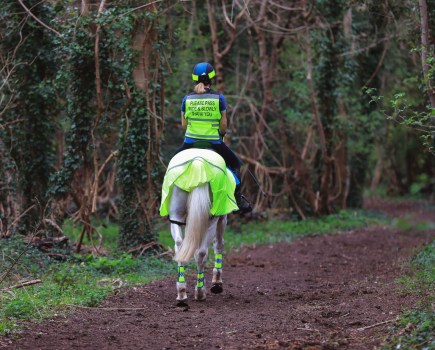A report from The Donkey Sanctuary is the first to uncover the vast online illegal trading network of donkey skins. Thousands of skins are currently for sale on e-commerce websites, as well as popular social media platforms.
An estimated 4.8 million donkeys are trafficked and slaughtered for their skins every year to satisfy the demand for ejiao, a traditional Chinese remedy. The report also revealed the role of organised crime in facilitating the trafficking of donkeys.
“There is no doubt that the global ejiao trade is having a devastating impact on the welfare of donkeys around the world, who suffer at every point from source to slaughter,” said Marianne Steele, acting CEO of The Donkey Sanctuary. “This new research demonstrates just how vast the online donkey skin trade has become, and how entrenched it is with criminal activity and other illegal wildlife trafficking.”
Links to organised crime
Evidence of 382 individual traders was identified on business-to-business e-commerce websites offering donkey hides. It was found that 20% of these traders were also selling other wildlife products, including elephant ivory, rhino horns, pangolin scales and tiger hides.
In some extreme cases, the charity uncovered additional trafficking of narcotics, fake passports and human hair.
“This matters because it reveals how customers shopping for donkey skins can easily stumble across other products for sale alongside these skins, potentially contributing to the ever-worsening biodiversity crisis,” said Dr Ewan Macdonald, co-author of the study.
“Unsustainable and under-regulated trade in wildlife is a major driver of wildlife declines, impacting as many as 20 per cent of vertebrate species.”
The involvement of social media
Adverts for donkey skins were also found on social media platforms including Facebook, Twitter and Instagram. Such sites have few policies in place to prevent traders from advertising.
“By cracking down on the sale of donkey skins on their platforms, e-commerce and social media sites will not only prevent considerable cruelty to donkeys but also help eliminate the other criminal activity that is taking place alongside it and support thousands of families who rely on their donkeys to survive,” explained Marianne.
Up to 10 million communities in the developing world rely on working donkeys. Where they are stolen, the work often falls to women and girls to pick up, denying many the opportunity to continue their education.
“Our work brings together concerns about wildlife conservation, animal welfare and the well-being of some of the world’s poorest communities, all around the unexpected focal point of donkeys,” said Dr Macdonald.
“This important research has, for the first time, shown a scientific link between the wider wildlife trade and donkey skin sales, and we’re delighted it is helping shine a light on this issue.”








